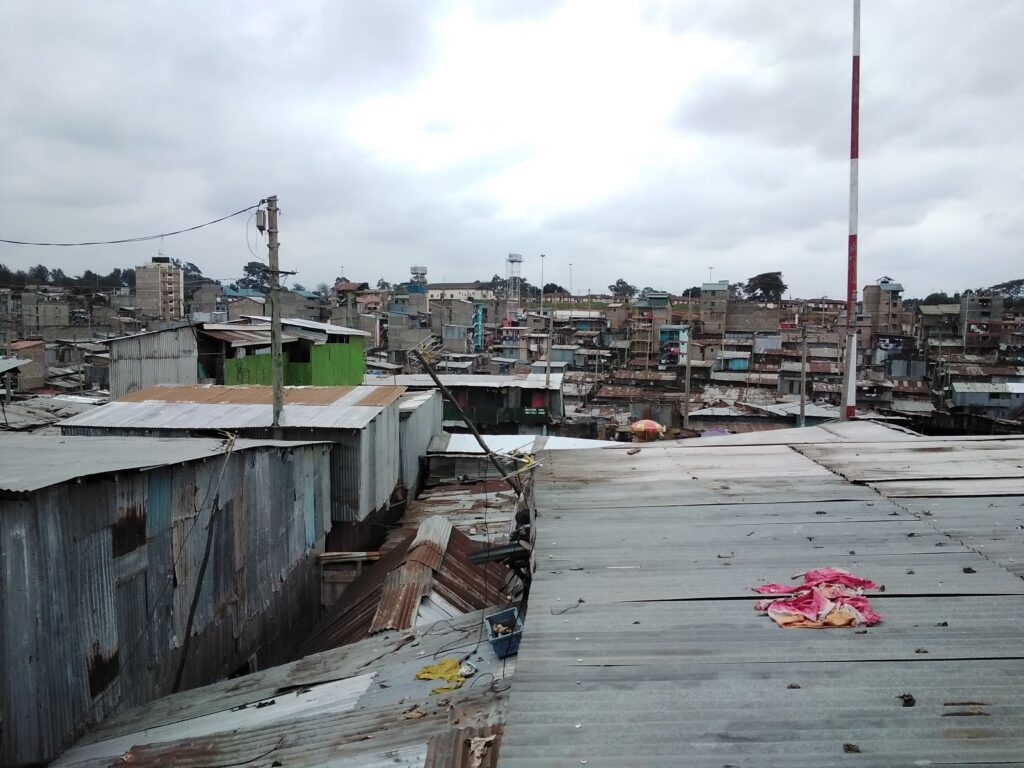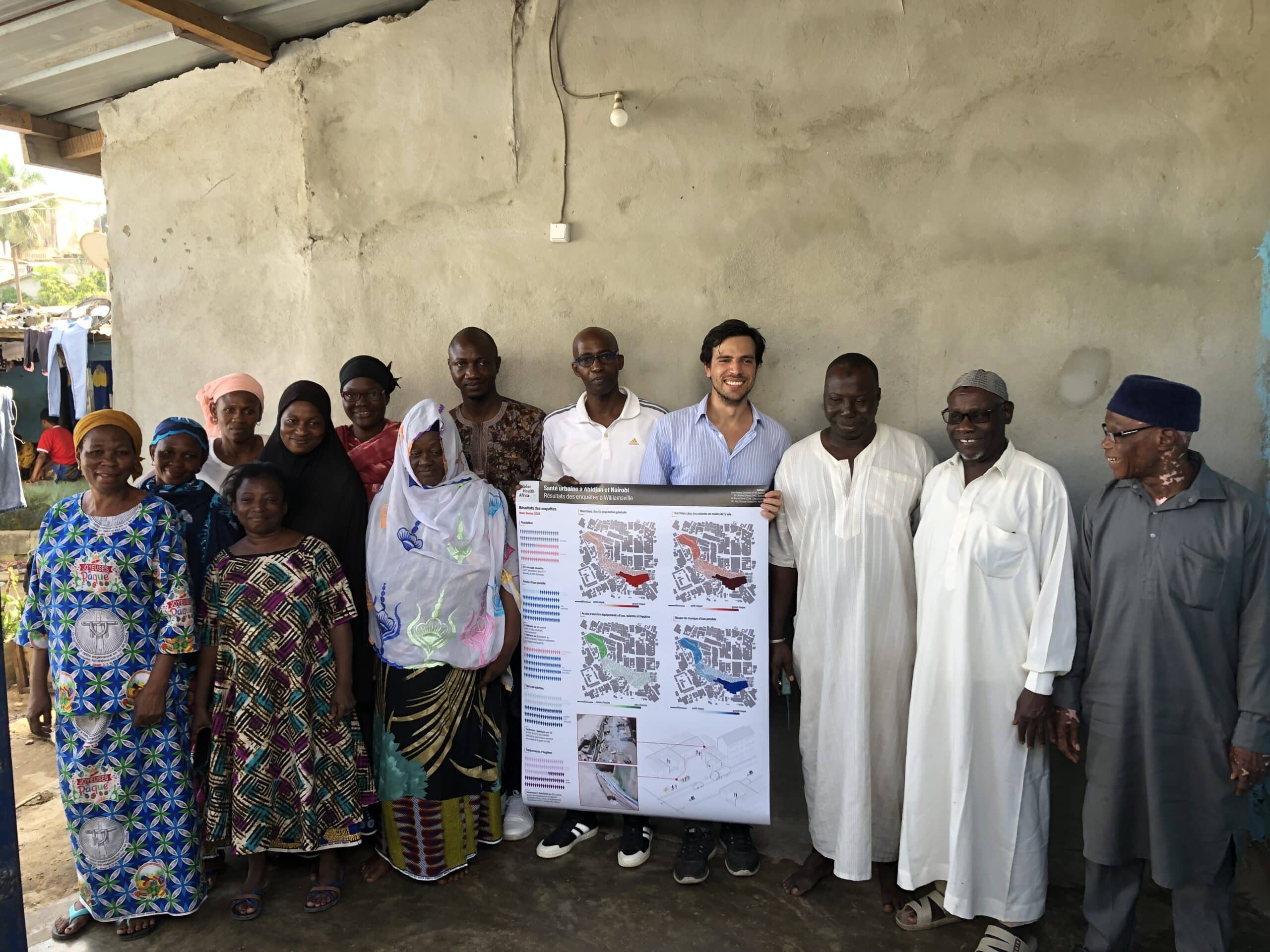Access to water and sanitation in informal settlements in two large African cities
Access to water and sanitation in informal settlements in two large African cities
Research project:
Spatial determinants of health benefits of water, sanitation & hygiene facilities in informal settlements of Nairobi and Abidjan

PhD student:
Vitor Pessoa Colombo (EPFL – EDAR/CEAT) – vitor.pessoacolombo@epfl.ch
Supervisors:
Dr Jérôme Chenal (EPFL – CEAT) – jerome.chenal@epfl.ch
Dr Jürg Utzinger (Swiss TPH) – juerg-utzinger@swisstph.co
Abstract
This sub-project situates urban planning in the global health agenda by reassessing the role of spatial development in the promotion of health equity in African cities, notably through the prevention of diseases. The study focuses on diarrhoeal diseases as the health outcome of interest, for they can be considered as a proxy indicator of the “quality” of spatial development (in terms of access to basic infrastructures and services), and because diarrhea remains amongst the main causes of death worldwide – notably in Africa.
The research goal is to understand how the spatial distribution of cases of diarrhoeal diseases in two large African cities – namely, Nairobi (Kenya) and Abidjan (Côte d’Ivoire) – relates to morphological indicators of the urban landscape (i.e. land-use, density and entropy levels of the built environment), on top of existing water, sanitation and hygiene (WASH) infrastructures and health facilities.
Methodologically speaking, the study combines spatial analyses conducted at different geographic scales, that is: (1) ecological analyses at the regional scale and (2) cross-sectional household surveys at the neighborhood scale. In this way, the study critically confronts observations of large-scale analyses (resulting from low-resolution, aggregated data), to more detailed observations (resulting from high-resolution, primary data collected at the individual level).
The research results provide empirical knowledge that contributes to the elaboration of urban planning policies aiming to provide sustainable, safe access to WASH services in cities of low- and middle-income countries – which are marked by rapid and largely “informal” urbanisation. Ultimately, the project also contributes to advancements toward the United Nations’ Sustainable Development Goals 3, 6, and 11.






